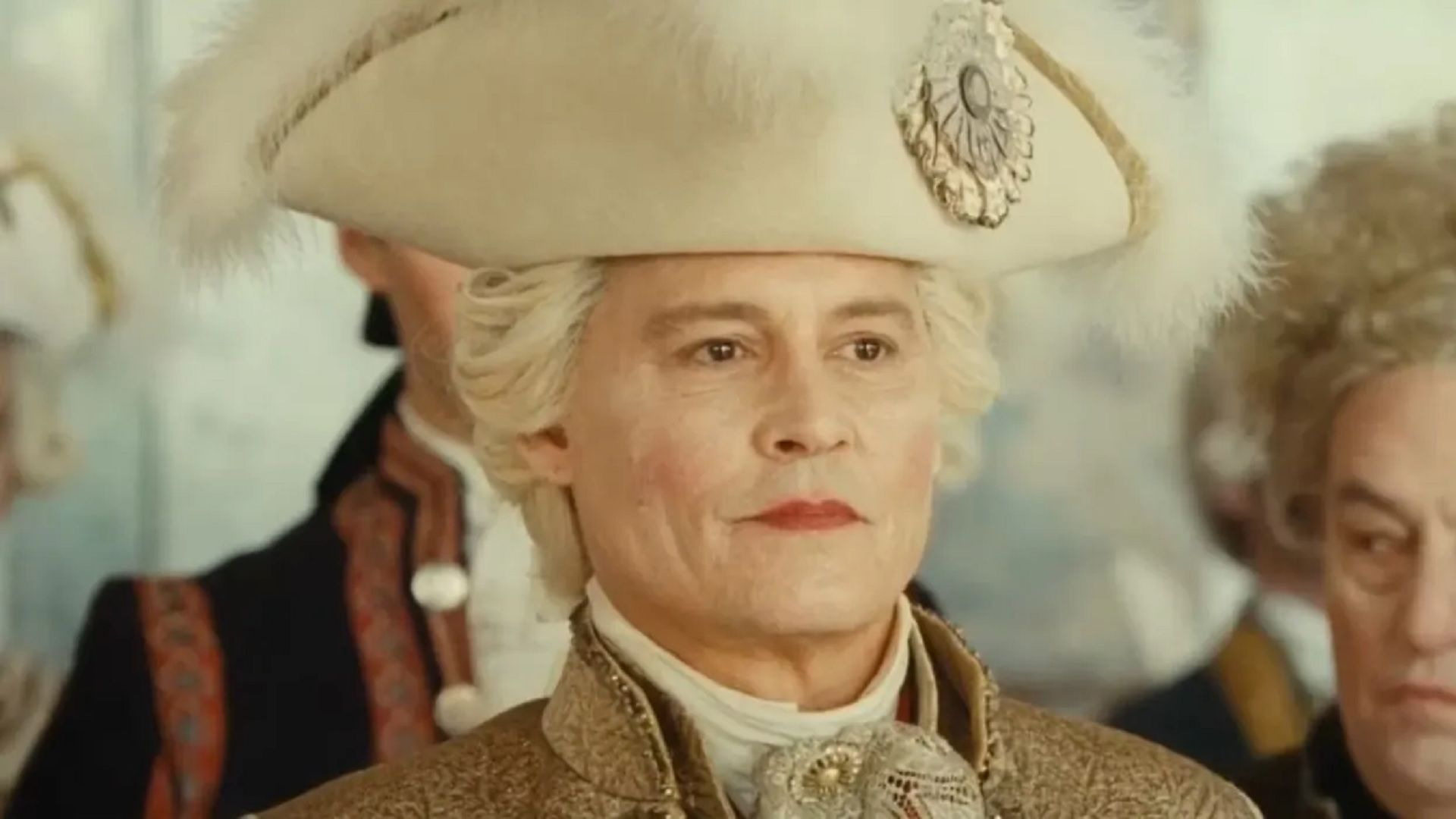Ryosuke Hamaguchi’s provocatively titled “Evil Does Not Exist” (102 minutes) taught me a word I’d never heard before: glamping. I don’t know if the term really exists in present-day Japan or if Hamaguchi made it up for his film, but it’s a contraction of “glamorous camping,” a practice whereby wealthy urbanites go to the country for rest and relaxation in a facility that shields them from the outdoors’ unpleasant aspects. In his follow-up to the much longer “Drive My Car,” Hamaguchi takes us to Mizubiki, a village whose 6,000 residents live in harmony with nature, finding wild wasabi in the woods, crafting a delicate udon that depends on the local spring water. Then one day a man and a woman arrive who say they represent Playmode, a Tokyo company that wants to build a glamping facility nearby. Naturally most of the locals think it will ruin their idyllic life and so are opposed. The film’s most memorable scene shows the two sides facing off against each in a town meeting, with extraordinary attention given to the location of a septic tank. There is social satire here, to be sure, but Hamaguchi doesn’t stress it or play favorites (the interlopers are both attractive, interesting characters). The director reportedly began the film in collaboration with composer Eiko Ishibashi, and their work together emphasizes the sensual and the beauty of nature. One big quibble: the film’s last few minutes are bizarre and baffling, an ending that defies ready interpretation. They don’t ruin what’s gone before but will surely leave many viewers in deep head-scratching territory.
Andrew Haigh’s “All of Us Strangers” (105 minutes) comes from the English director whose 2011 drama “Weekend” is described by the festival’s press notes as “among the most widely beloved queer romances of the 21st century.” After the admirable “45 Years” (2015) and “Lean on Pete” (2017), Haigh returns to queer territory here, but makes a remarkable leap from straightforward realism to a narrative approach that might be described as poetic surrealism. Andrew Scott plays a 30ish gay guy whose lonely life in a sterile London high-rise is suddenly interrupted on two fronts: he meets a dishy, somewhat mysterious guy (Paul Mescal) who’s been gazing at him from outside his building, and he encounters and begins visiting the home of a 30ish couple who treat him as their young son, and he responds by treating them as his deceased parents. On paper this premise (based on Taichi Yamada’s novel The Discarnates) might seem nearly impossible to pull off dramatically, but Haigh’s skills make it engrossing, persuasive and ultimately beautiful, a Henry James-like modern ghost story that has some insightful things to say about early trauma, contemporary gay life and the need for love. He’s aided by fine performances by his cast, which also includes Jamie Bell and Claire Foy.
Todd Haynes’ “May December” (113 minutes), the festival’s Opening Night attraction, I regret to say is also its one disappointment so far. Natalie Portman plays a TV star who comes to Savannah to study a housewife (Julianne Moore) who she will play in a movie about a scandal the woman was involved in years before. Haynes is a very talented and distinctive filmmaker, but he didn’t write this film’s screenplay (it’s by Samy Burch and Alex Mechanik), which stitches together various melodramatic cliches in a way that, though it allows Portman and Moore a few nice scenes together, is all too often dull, unconvincing or confusing. But my biggest gripe about the film is its music: rather using than an original score, Haynes pilfers Michel Legrand’s magnificent music for Joseph Losey’s “The Go-Between.” In a previous instance when I complained about a director cribbing great music from other scores for his film, I said that every time I heard the borrowed music, it threw me out of the movie I was watching into memories of the better films it came from. With Haynes’ usage there is the additional problem that Legrand’s elegant, propulsive score seems employed to give “May December” some drama and mystery the story onscreen lacks. That unfortunately only draws attention to the film’s unfocused tone and scattershot drama.
You can view the original article HERE.







:quality(85):upscale()/2024/04/17/811/n/1922398/f02cacdb662014fbce5721.71298267_.jpg)




















:quality(85):upscale()/2024/04/25/836/n/1922564/6fea5215662aa9595c2ca6.78448120_.jpg)